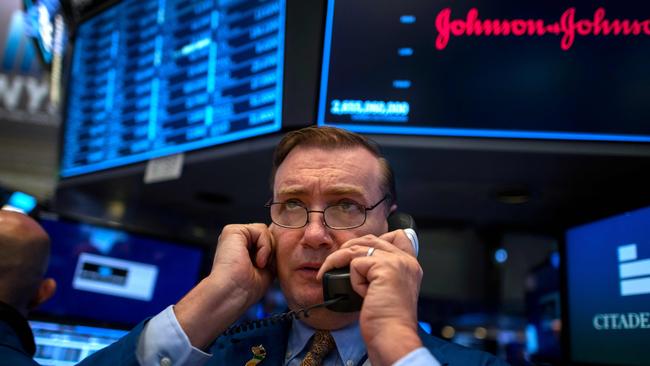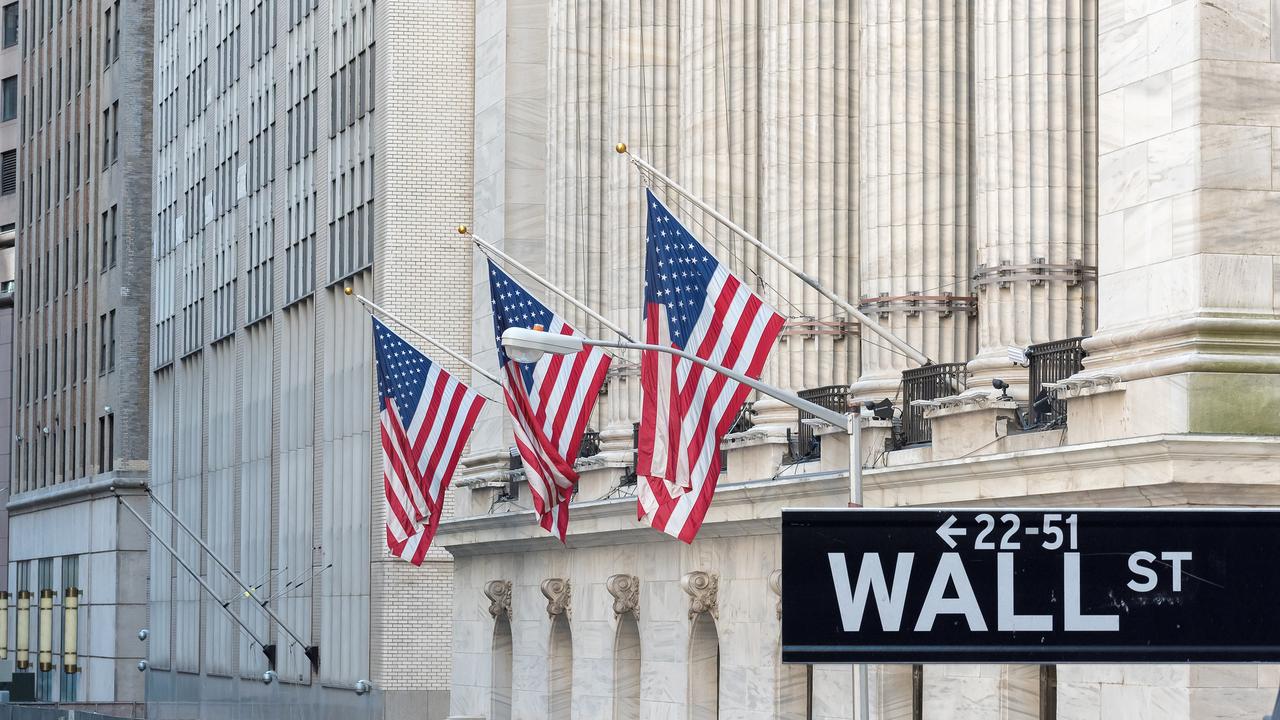
Normally, investment bankers are keen to shout from the rooftops about the number of deals they have going in the market.
But right now, operatives appear to be keeping a low profile, as data out this week from Refinitiv confirms the worst-kept secret: investment banking activity has fallen off a cliff since the boom years of 2020 and 2021 when rates were low in the global pandemic.
Refinitiv’s preliminary report out for the first half of this year is grim reading for bankers trying to survive in the current market.
Australian investment banking fees are down 50 per cent in the first half of this year compared with the same period in 2022, with $US953.1m in fees generated.
Of the deals announced, many of them look highly uncertain as to whether they will happen.
Yet if there’s one thing the investment banking industry knows from the pandemic and even before that during the Global Financial Crisis, it’s that when the market changes, it changes quickly.
What started out as quiet conditions when the pandemic first hit in 2020, ended up as a booming market as companies raised emergency capital before later launching into buyouts and floats.
During the GFC around 2009, companies suddenly needed to embark on emergency equity raisings, prompting banks to swing into action to provide their services at a steep cost due to what were high-risk deals.
The months ahead could see shotgun mergers as groups operating in certain industries struggle to survive; and as equity values continue to fall on the ASX, particularly in the real estate space, major equity raisings could be looming.
Speak to bankers in the market right now and they say there’s activity, but companies are hesitant to pull the trigger on deals because of the uncertainty surrounding interest rate increases and with vendors yet to come to terms with the new valuations and failing to meet the market.
One senior adviser told this column they believed the downturn would likely last until the end of 2024.
The largest announced deal for the first half of 2023 included the Bank of America and Lazard-advised Nemount’s $US19.8bn purchase of Newcrest Mining, which was advised by JPMorgan and Gresham.
This was followed by Livent’s $US3.8bn purchase of Allkem, which was advised by UBS and Morgan Stanley.
Liontown Resources had a buyout approach from Albemarle, but that is yet to result in a deal.
Other proposed transactions include a merger of Australian Clinical Labs with Healius, which Healius rejected and most see as unlikely to succeed
While Incitec Pivot is planning a demerger of its fertiliser unit worth $US1.7bn, that’s currently under a cloud due to the announced departure of its boss, Jeanne Johns.
On a brighter note, a purchase by InvoCare by TPG Capital for $US1.3bn, and a $US1.3bn buyout of United Malt Group by InVivo’s Malteries Soufflet, are still in train and show no signs of falling apart at the seams, while Bain Capital now looks likely to buy aged-care provider Estia after doubts were earlier emerging in the market.
Kirin is likely to complete its $US1.2bn buyout of the UBS-advised Blackmore’s announced this year, with advisers Barrenjoey, Rothschild on board.
Meanwhile, one interesting aspect of the Refinitiv data out on Wednesday shows the operatives at market newcomer Barrenjoey going head to head with their old employer, UBS, in the equity capital markets arena.
Barclays, which counts Barrenjoey as its Australian partner, is leading the table for Australia-domiciled equity and equity related activity – only marginally ahead of UBS.
But it’s UBS leading Australian investment banking activity in the first half of this year so far across the board, while JPMorgan has the greatest market share when it comes to mergers and acquisitions.
Perhaps much of the radio silence from the banks comes at a time that job cuts are flowing down from Wall Street and as UBS this month completes its merger with Credit Suisse, where staff in the past fortnight are being made redundant.
Perhaps not the time to be commanding attention.




To join the conversation, please log in. Don't have an account? Register
Join the conversation, you are commenting as Logout